Forging Titanium Alloys: A Comprehensive Guide
What to Know About Titanium Forging
Titanium forging is a critical process in manufacturing high-performance components for various industries, including aerospace, medical, and automotive. Titanium’s exceptional strength-to-weight ratio, corrosion resistance, and biocompatibility make it an ideal material for forging. However, its unique properties also present challenges, requiring specialized knowledge and techniques to achieve optimal results.
Blanking Process of Titanium Alloy Forging
The blanking process in titanium alloy forging involves cutting raw titanium material into precise shapes before forging. This step is crucial as it determines the initial geometry and ensures material efficiency. High-quality blanking minimizes waste and prepares the material for subsequent forging steps. It typically involves shearing or cutting with precision tools to maintain the integrity and properties of the titanium alloy.
The Processing of Titanium Forging and Machining
The titanium forging process involves heating the titanium alloy to a specific temperature to make it malleable. The material is then shaped using compressive forces in a forging press or hammer. This process can be done in open-die or closed-die forging, depending on the component’s complexity and specifications.
Machining follows forging to achieve the final dimensions and surface finish. Titanium’s reactivity and toughness require specialized machining techniques, including the use of sharp, carbide tools, slow cutting speeds, and ample cooling to prevent work hardening and tool wear.
Properties of Titanium
Titanium and its alloys possess several outstanding properties:
High Strength-to-Weight Ratio: Titanium is as strong as some steels but 45% lighter.
Corrosion Resistance: Excellent resistance to corrosion in seawater, chlorides, and acidic environments.
Biocompatibility: Non-toxic and compatible with human tissue, making it ideal for medical implants.
High Melting Point: Suitable for high-temperature applications.
Low Thermal Expansion: Reduces deformation and maintains dimensional stability under varying temperatures.
Effects of The Forging Temperature
Forging temperature is critical in shaping titanium alloys. Too low a temperature can cause cracking and insufficient plasticity, while too high can lead to grain growth and reduced mechanical properties. Optimal forging temperatures for titanium typically range between 700°C and 900°C. Controlling the temperature within this range ensures the material remains workable while maintaining its desirable properties.
Forming of Titanium and Titanium Alloys
Forming titanium involves processes like rolling, extrusion, and stamping in addition to forging. Each method requires precise control of temperature and strain rates to avoid defects and achieve the desired mechanical properties. For complex shapes, superplastic forming at elevated temperatures allows for significant deformation without compromising the material’s integrity.
Defects of Titanium Alloy Forgings
Common defects in titanium alloy forgings include:
Cracking: Due to improper temperature control or excessive deformation.
Porosity: Resulting from gas entrapment during melting or forging.
Grain Growth: Caused by excessive forging temperatures.
Surface Defects: Such as scratches, scales, or oxide layers, often from inadequate surface preparation or cooling.
Quality Control of Titanium Forging Components
Quality control in titanium forging involves rigorous inspection and testing at each stage of production. Non-destructive testing methods like ultrasonic inspection, X-ray, and dye penetrant testing are used to detect internal and surface defects. Mechanical testing, including tensile and hardness tests, ensures the material meets the specified properties. Strict adherence to industry standards and certifications, such as AS9100 for aerospace, guarantees the highest quality.
Applications of Forging Titanium Parts
Titanium forgings are used in a wide range of applications:
Aerospace: Engine components, airframe parts, landing gear.
Medical: Implants, surgical instruments.
Automotive: High-performance engine parts, suspension systems.
Marine: Propeller shafts, seawater pumps.
Industrial: Chemical processing equipment, power generation components.
Why choose Welleshaft to produce titanium forging parts?
Welleshaft stands out in the titanium forging industry for several reasons:
Expertise: Decades of experience in titanium forging and machining.
Quality: Commitment to the highest quality standards with rigorous testing and certification processes.
Innovation: Continuous investment in advanced technology and research to improve forging techniques.
Customization: Ability to produce custom titanium components tailored to specific industry needs.
Sustainability: Focus on sustainable practices and efficient use of materials to minimize waste and environmental impact.
In conclusion, forging titanium alloys requires specialized knowledge and precise control of processes to leverage titanium’s unique properties effectively. Welleshaft’s expertise and commitment to quality make it a trusted partner in producing high-performance titanium components for various critical applications.

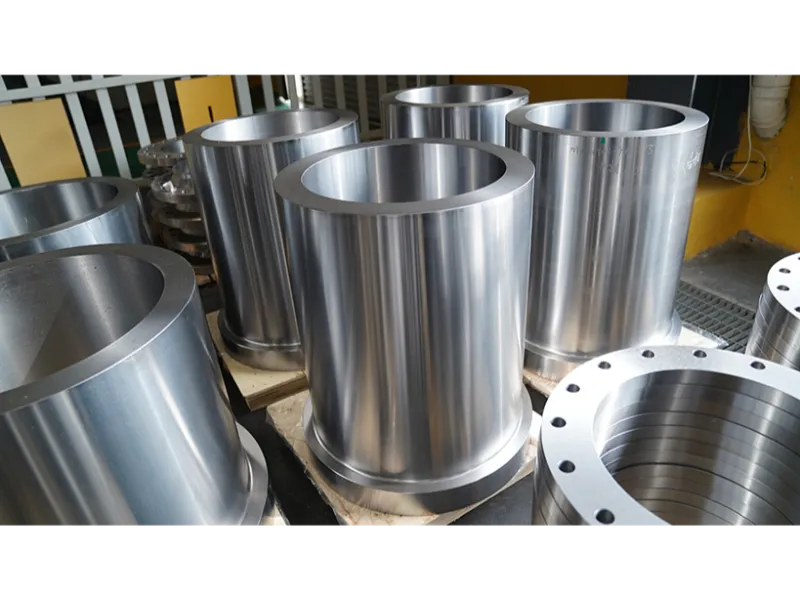
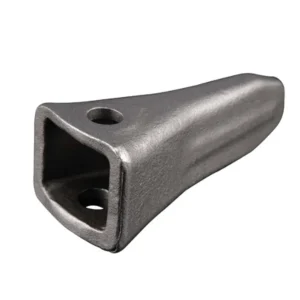
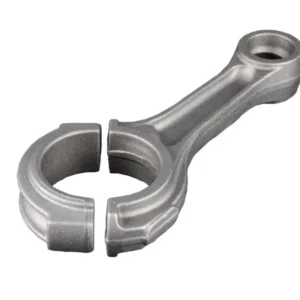
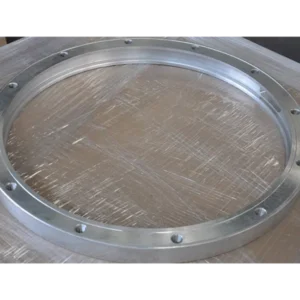
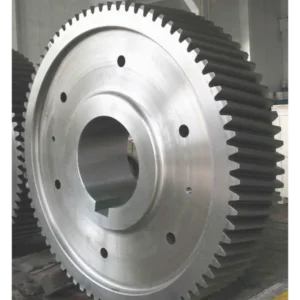
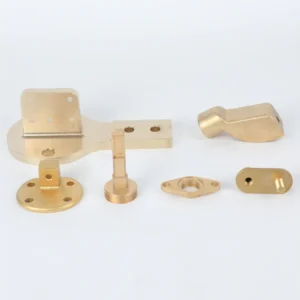
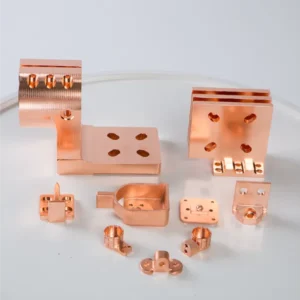

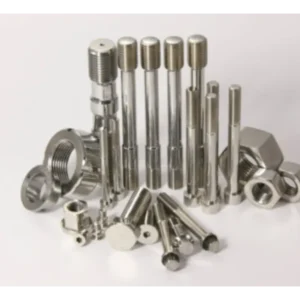
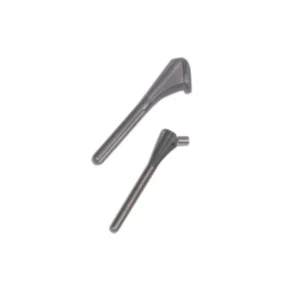
Reviews
There are no reviews yet.